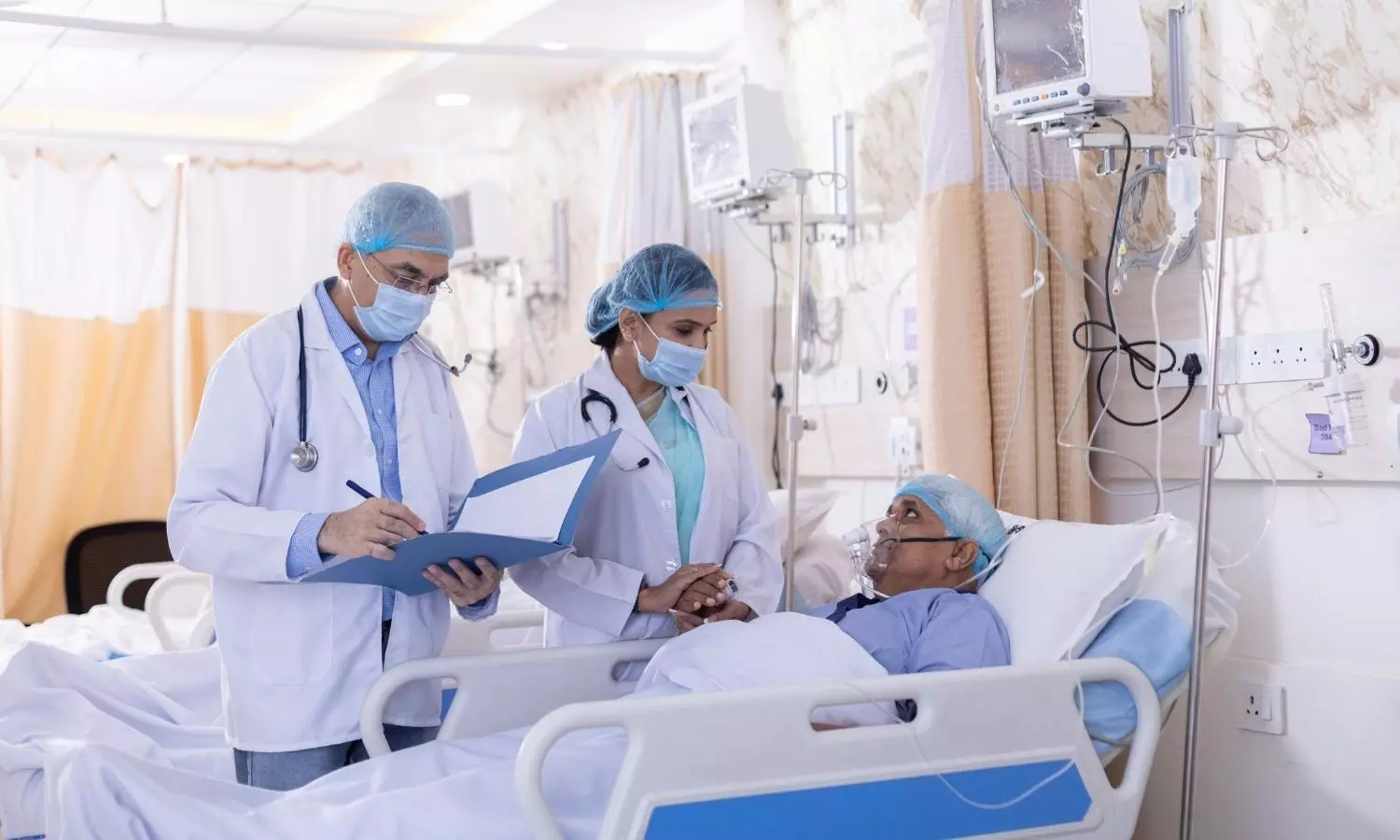
Kerala: COVID-19 cases double, govt ramps up precautionary measures
Majority of new infections are linked to sub-lineages of Omicron variant, especially LF.7 strain, noted for its high transmissibility; no spike in hospitalisations

Kerala is once again witnessing a surge in COVID-19 infections, with the number of cases doubling in a span of just ten days.
According to the state health department, confirmed cases rose from 430 on May 26 to 1,416 by June 3.
The sharp rise has prompted public health officials to step up precautionary measures and monitor the situation closely.
The majority of new infections are believed to be linked to emerging sub-lineages of the Omicron variant, particularly the LF.7 strain, which is noted for its high transmissibility.
Also Read: COVID-19 surge continues as active cases cross 3,700 with Kerala topping the list
No spike in hospitalisations
Health officials emphasised that while the rate of transmission is high, the severity of illness among those infected remains relatively low. Most cases are exhibiting mild symptoms, and hospital admissions have not surged in proportion to the rise in overall case numbers.
Nevertheless, the health department has urged citizens to remain vigilant, particularly those in high-risk categories such as the elderly, immunocompromised individuals, and people with chronic conditions.
In response to the rise, the government has reissued COVID-19 guidelines across the state. Hospital staff and visitors are once again required to wear masks in healthcare settings.
Additionally, individuals displaying symptoms such as cold, cough, or sore throat are advised to wear masks in public spaces.
Also Read: As COVID cases rise sharply in a week, will a booster dose of vaccine help?
Government urges preparedness
The government has not imposed any restrictions on public gatherings or movement but has cautioned the public to avoid crowded places where possible and to adhere to hygiene protocols.
Health minister Veena George has instructed all hospitals to make necessary arrangements to manage COVID-19 patients effectively.
This includes keeping dedicated wards ready and ensuring that adequate stock of medicines and protective equipment is available.
Hospitals have also been advised to limit the number of bystanders per patient and follow infection prevention protocols strictly to avoid in-hospital transmission.
Also Read: 'COVID pandemic far from over': Delhi HC seeks details on sample collection
Surveillance strengthened
Testing procedures are also being reinforced. People showing symptoms are being tested using antigen kits, and in cases where symptoms persist despite a negative antigen test, an RT-PCR test is being recommended.
The government has also begun genome sequencing on selected samples to confirm the prevalence of the LF.7 variant and monitor if newer sub-lineages are emerging in the region.
The state’s COVID-19 surveillance system, which had been scaled down in recent months, has now been partially reactivated.
Surveillance teams are being deployed to areas reporting a spike in cases, and contact tracing is being carried out selectively to prevent clusters from forming.
Also Read: COVID: States not procuring vaccines; persons with comorbidities advised to be cautious
Situation under control
Although the new variant is not currently classified as a ‘variant of concern’, health officials say it is important to monitor its behaviour closely and act swiftly if the situation worsens.
Public health experts believe that the state’s relatively high testing and reporting rates are contributing to the visibility of the case surge.
"In comparison with many other Indian states, Kerala continues to report more accurate numbers due to its robust testing and surveillance systems," maintained the health department.
Experts say this transparency allows for faster response and a more accurate understanding of the infection trend.
Also Read: Students wear masks, follow Covid appropriate behaviour as schools reopen in Karnataka
No lockdown yet
Minister Veena George also confirmed that the government is closely coordinating with the Indian SARS-CoV-2 Genomics Consortium (INSACOG) to study the genome sequencing results and assess the characteristics of the circulating variant.
So far, there is no indication that the new variant causes more severe illness, but its rapid spread necessitates early containment strategies.
Meanwhile, no additional restrictions such as lockdowns or curfews are under consideration at this time.
However, the government has not ruled out the possibility of stricter measures if the number of hospitalisations begins to rise.
Also Read: NB.1.8.1, LF.7 variants of COVID detected in India: INSACOG data
Unpredictable virus
The sudden rise in cases serves as a reminder that the virus remains unpredictable, and periodic surges may continue as new variants emerge.
The government’s current strategy is focused on preventing hospital overload and ensuring early detection and management of cases.
Authorities have reiterated that cooperation from the public in observing safety guidelines will be key in preventing further escalation of the situation.

